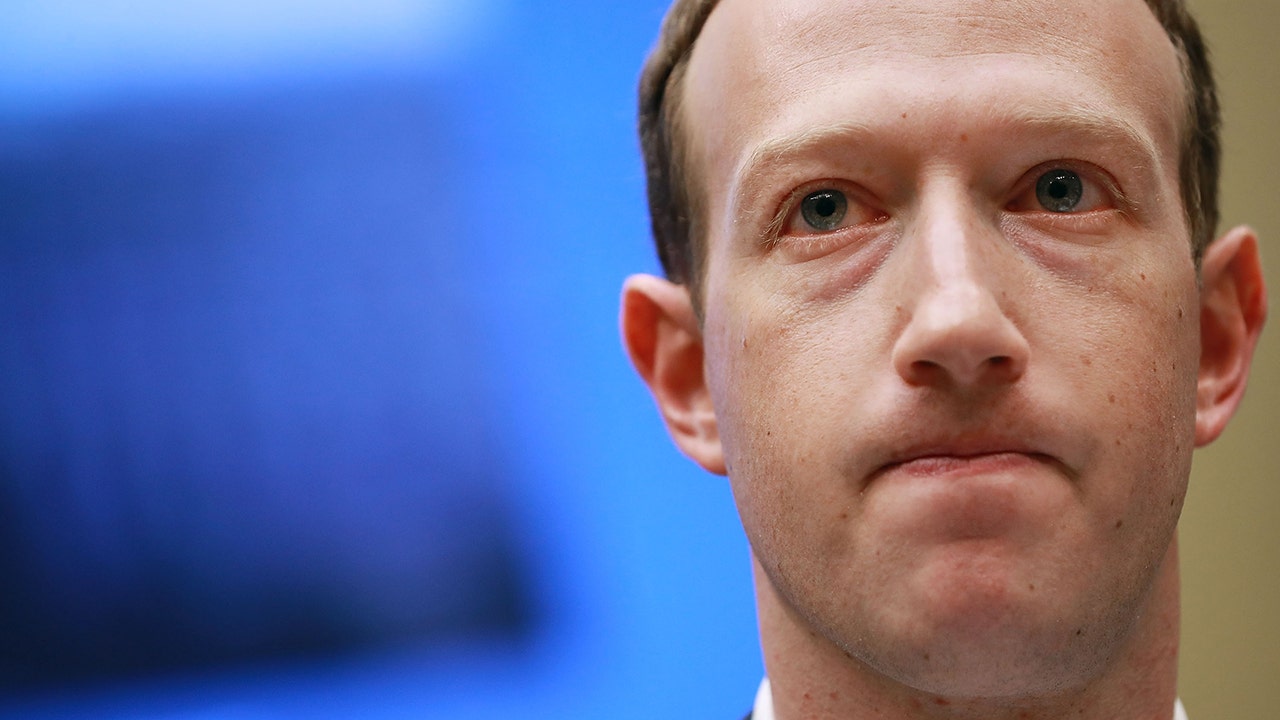FOX Business’ Kelly O’Grady recently joined ‘Varney & Co.’ to discuss Meta’s controversial use of public social media posts to train artificial intelligence. This comes in the wake of Meta CEO Mark Zuckerberg’s admission that his company, Facebook, was pressured by the Biden-Harris administration to censor Americans, particularly regarding COVID-19 content.
In a letter to House Judiciary Committee Chairman Jim Jordan, R-Ohio, Zuckerberg revealed that his company had been pressured by senior officials from the Biden administration and White House to censor certain COVID-19 content, including humor and satire. Despite not agreeing with the censorship, Facebook faced frustration from the Biden administration.
Zuckerberg emphasized that ultimately, it was Facebook’s decision whether or not to take content down, and they take ownership of their decisions, including changes made to enforcement in response to government pressure. He expressed regret for not being more outspoken about the government pressure and acknowledged that some choices made in the past would not be made today.
The White House responded to these claims by stating that they encouraged responsible actions to protect public health and safety during the pandemic. They believe that tech companies and private actors should consider the impact of their actions on the American people while making independent choices about the information they present.
The House Judiciary Committee had previously subpoenaed Meta for documents and information related to content moderation and the company’s interactions with the executive branch to censor speech. The investigation aimed to determine if the government had pressured or collaborated with private companies to suppress certain types of speech, potentially violating the First Amendment.
In his letter, Zuckerberg also addressed the handling of the Hunter Biden laptop story, where Facebook had temporarily demoted a New York Post story about corruption allegations involving Biden’s family. The company had fact-checkers review the story due to concerns about potential Russian disinformation, but it was later confirmed that the reporting was not Russian disinformation. Zuckerberg stated that they have since changed their policies and processes to prevent similar incidents in the future.
Overall, the controversy surrounding Meta’s interactions with the government highlights the complex relationship between tech companies and public officials. It raises important questions about free speech, censorship, and the responsibilities of social media platforms in shaping public discourse. As the investigation continues, it will be crucial to monitor how these issues are addressed and how they may impact the future of online communication.


